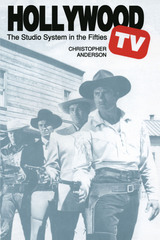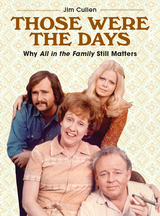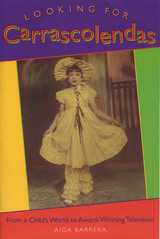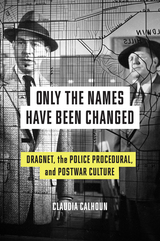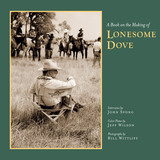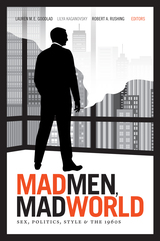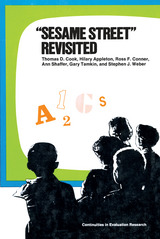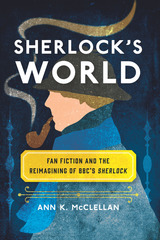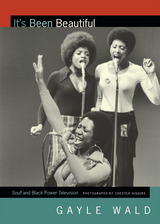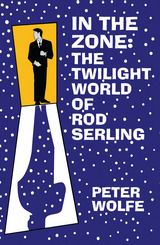Mad Men, Death and the American Dream
Diaphanes, 2016
eISBN: 978-3-03734-905-2 | Paper: 978-3-03734-550-4
Library of Congress Classification PN1992.77.M226B76 2016
See other books on: 1945-1970 | American Dream | Bronfen, Elisabeth | Mad men (Television program) | Nineteen sixties
See other titles from Diaphanes
eISBN: 978-3-03734-905-2 | Paper: 978-3-03734-550-4
Library of Congress Classification PN1992.77.M226B76 2016
ABOUT THIS BOOK | AUTHOR BIOGRAPHY | TOC
ABOUT THIS BOOK
Matthew Weiner’s Emmy-winning series Mad Men has earned wide critical acclaim in its seven seasons. What is it about these impeccably dressed men and women of midcentury Madison Avenue that fascinates us? Decades later, when Weiner’s iconic characters seem as much a thing of the past as the workday martini, why is it so easy for modern viewers to commiserate with the reserved but ambitious Peggy Olson, to jeer at Pete Campbell, and to cheer on Don Draper in his often indecorous struggles?
We are drawn to Mad Men’s dapper cast of characters, argues Elisabeth Bronfen, because, although the series has drawn praise for its depiction of the 1960s and ’70s, it speaks equally well to cultural concerns of the present. The prototypical con man, Don makes a precarious journey from poverty to fame and prosperity that maps the pursuit of moral perfectionism that features prominently throughout American cultural history. Yet a lingering sense of dissatisfaction hints that the lifestyle Don strives for may be a mere manifestation of the illusory American dream—cemented in the same collective desires Don draws on to advertise cigarettes and luxury cars by day.
"Mad Men," Death and the American Dream takes readers through the cultural fantasies that underlie characters’ motivations in this sophisticated and immensely popular television series, showing how—then as now—we turn to fantasy in the face of conflicts that cannot be resolved in political reality. Fascinating and full of accessible insights, the book will appeal to the show’s many fans, as well as anyone interested in American studies, media studies, or cultural history.
We are drawn to Mad Men’s dapper cast of characters, argues Elisabeth Bronfen, because, although the series has drawn praise for its depiction of the 1960s and ’70s, it speaks equally well to cultural concerns of the present. The prototypical con man, Don makes a precarious journey from poverty to fame and prosperity that maps the pursuit of moral perfectionism that features prominently throughout American cultural history. Yet a lingering sense of dissatisfaction hints that the lifestyle Don strives for may be a mere manifestation of the illusory American dream—cemented in the same collective desires Don draws on to advertise cigarettes and luxury cars by day.
"Mad Men," Death and the American Dream takes readers through the cultural fantasies that underlie characters’ motivations in this sophisticated and immensely popular television series, showing how—then as now—we turn to fantasy in the face of conflicts that cannot be resolved in political reality. Fascinating and full of accessible insights, the book will appeal to the show’s many fans, as well as anyone interested in American studies, media studies, or cultural history.
See other books on: 1945-1970 | American Dream | Bronfen, Elisabeth | Mad men (Television program) | Nineteen sixties
See other titles from Diaphanes


